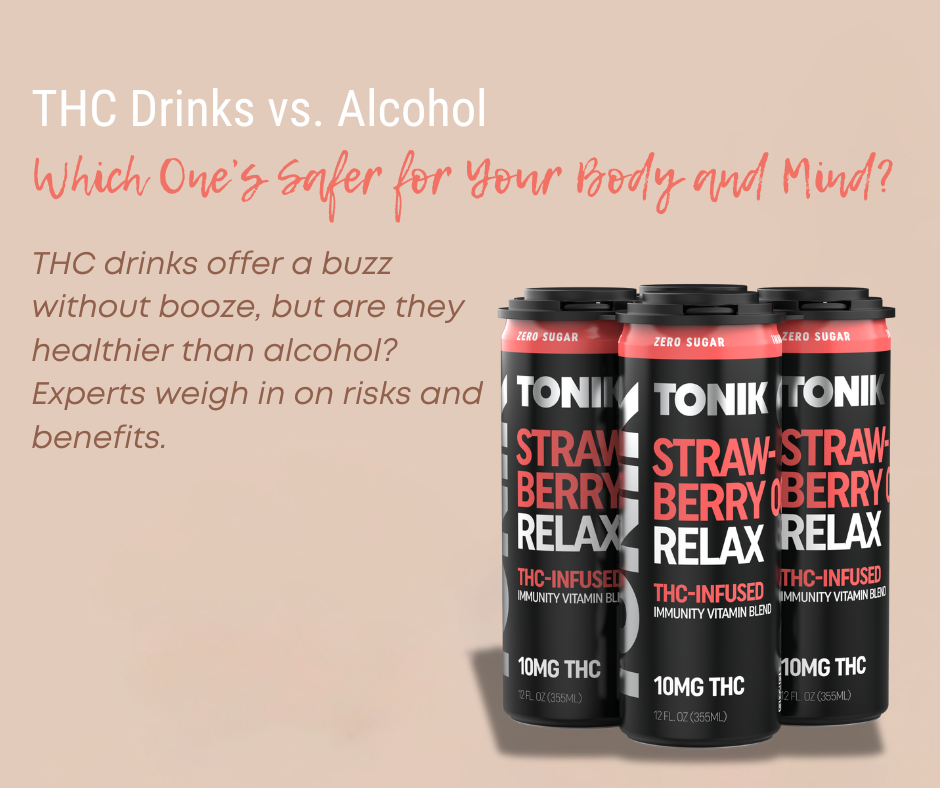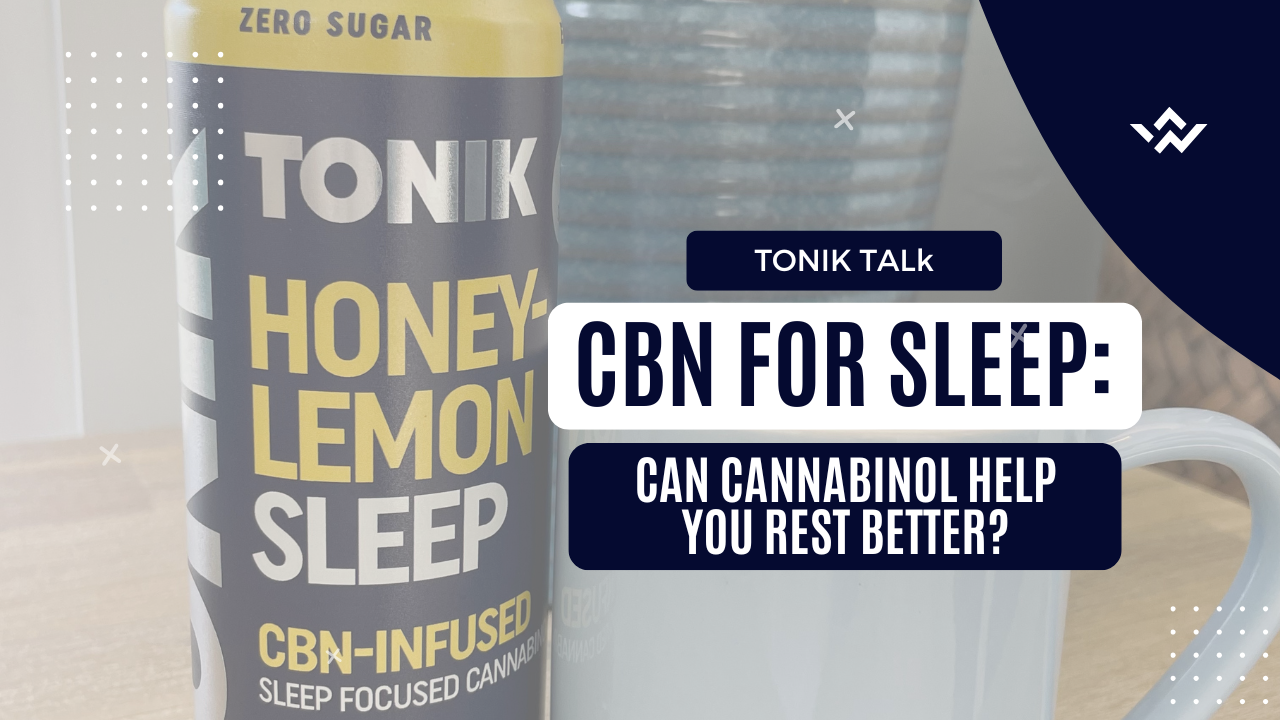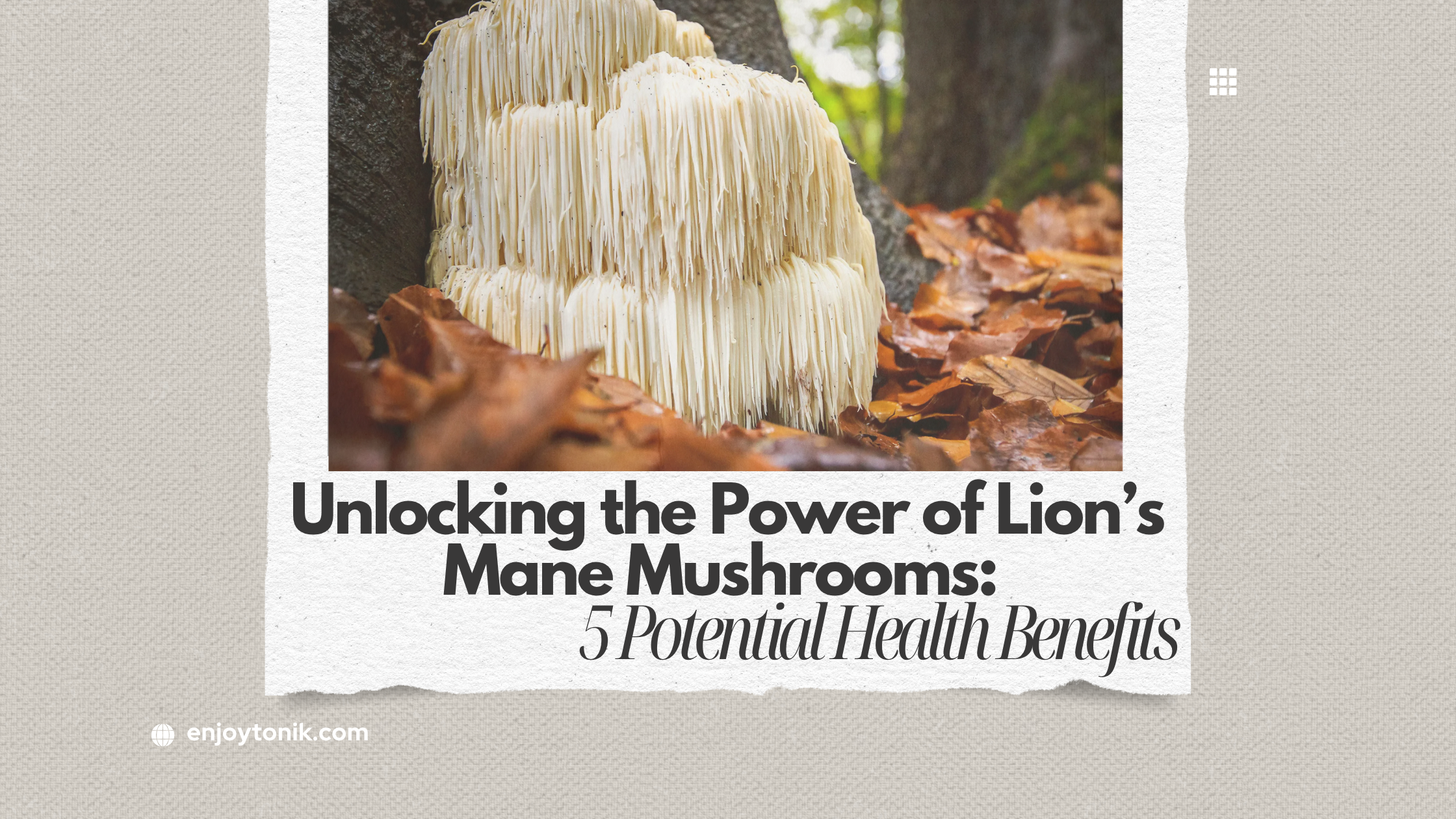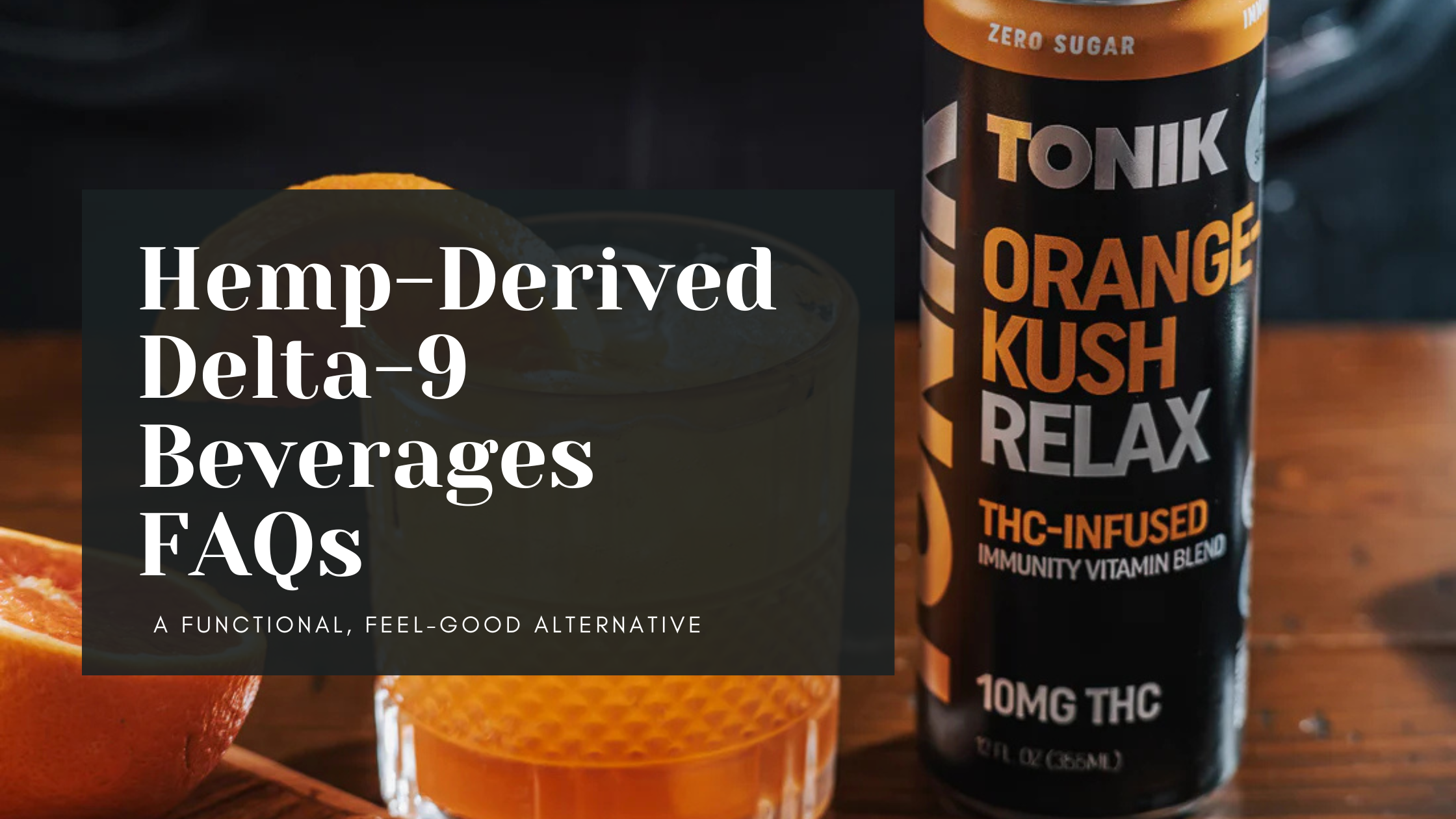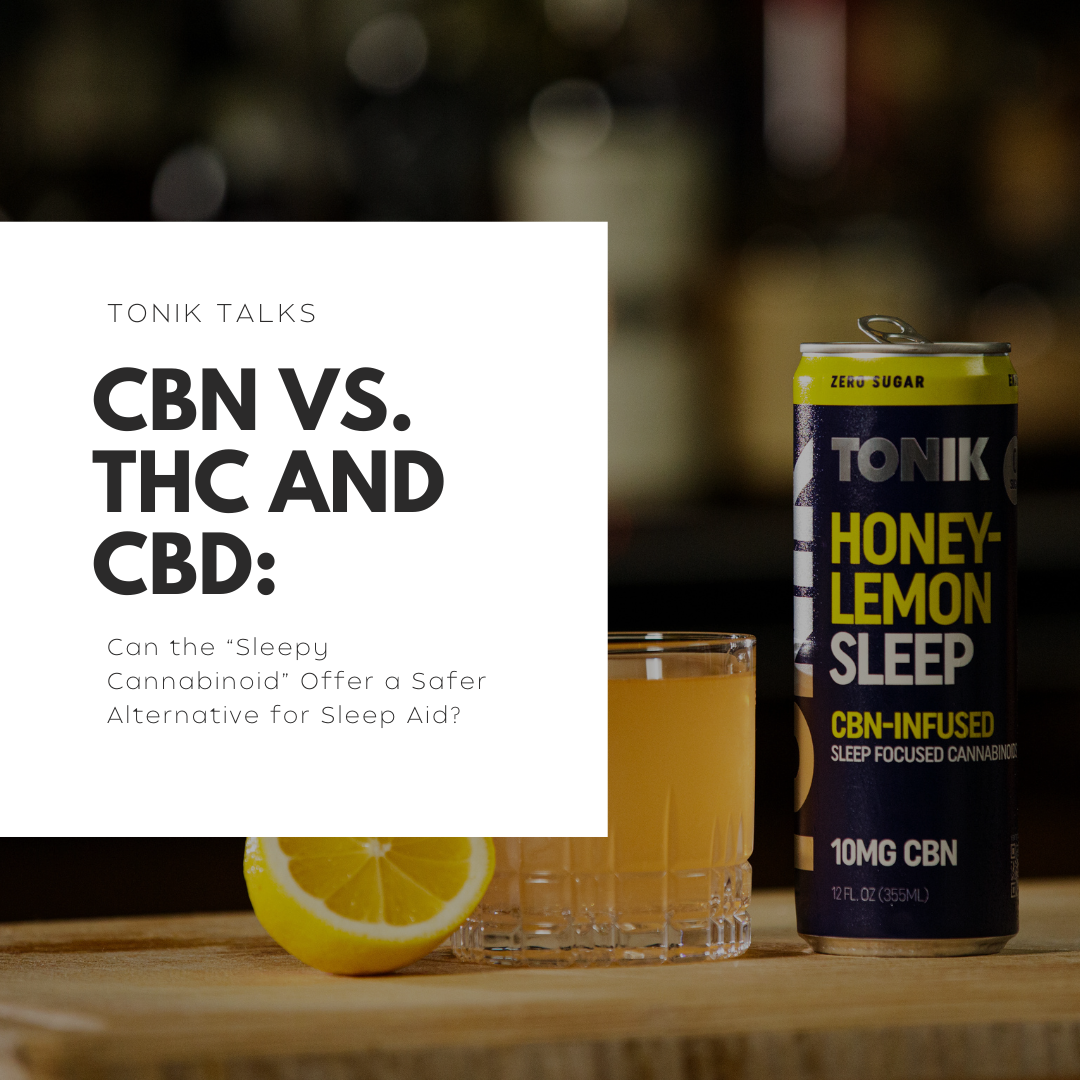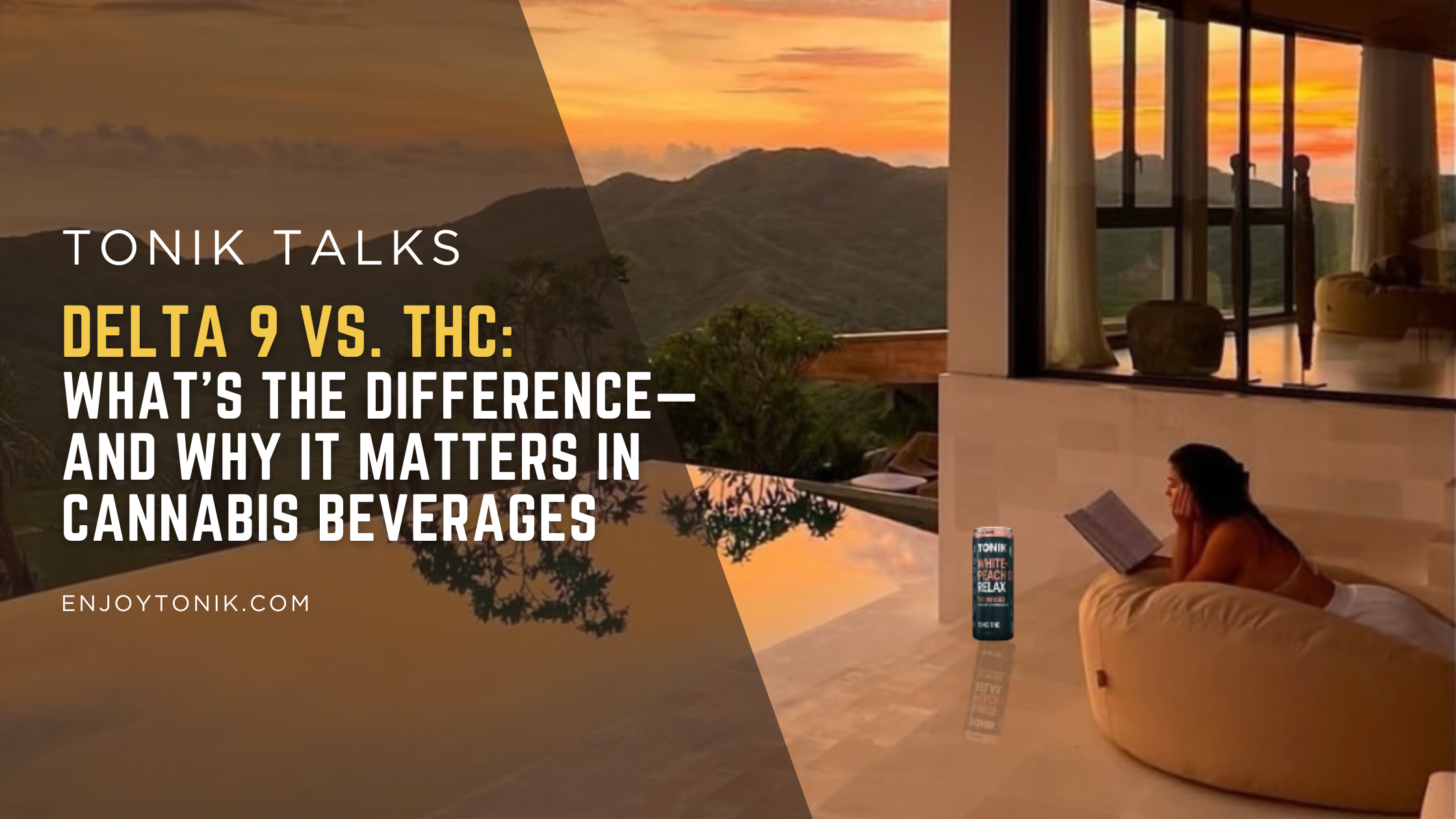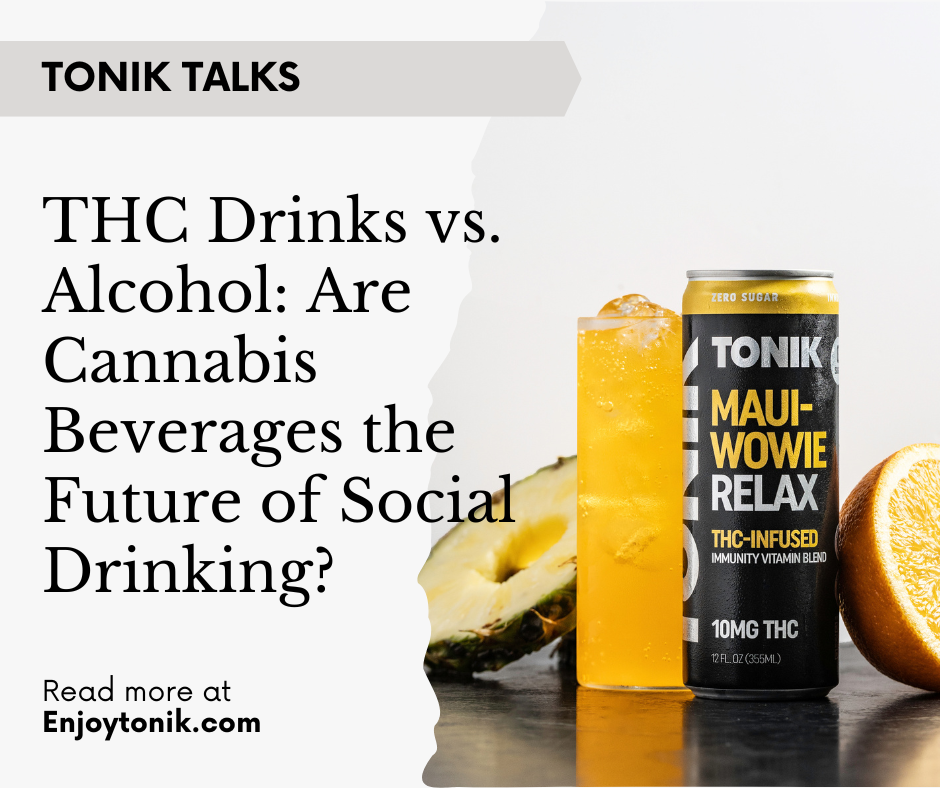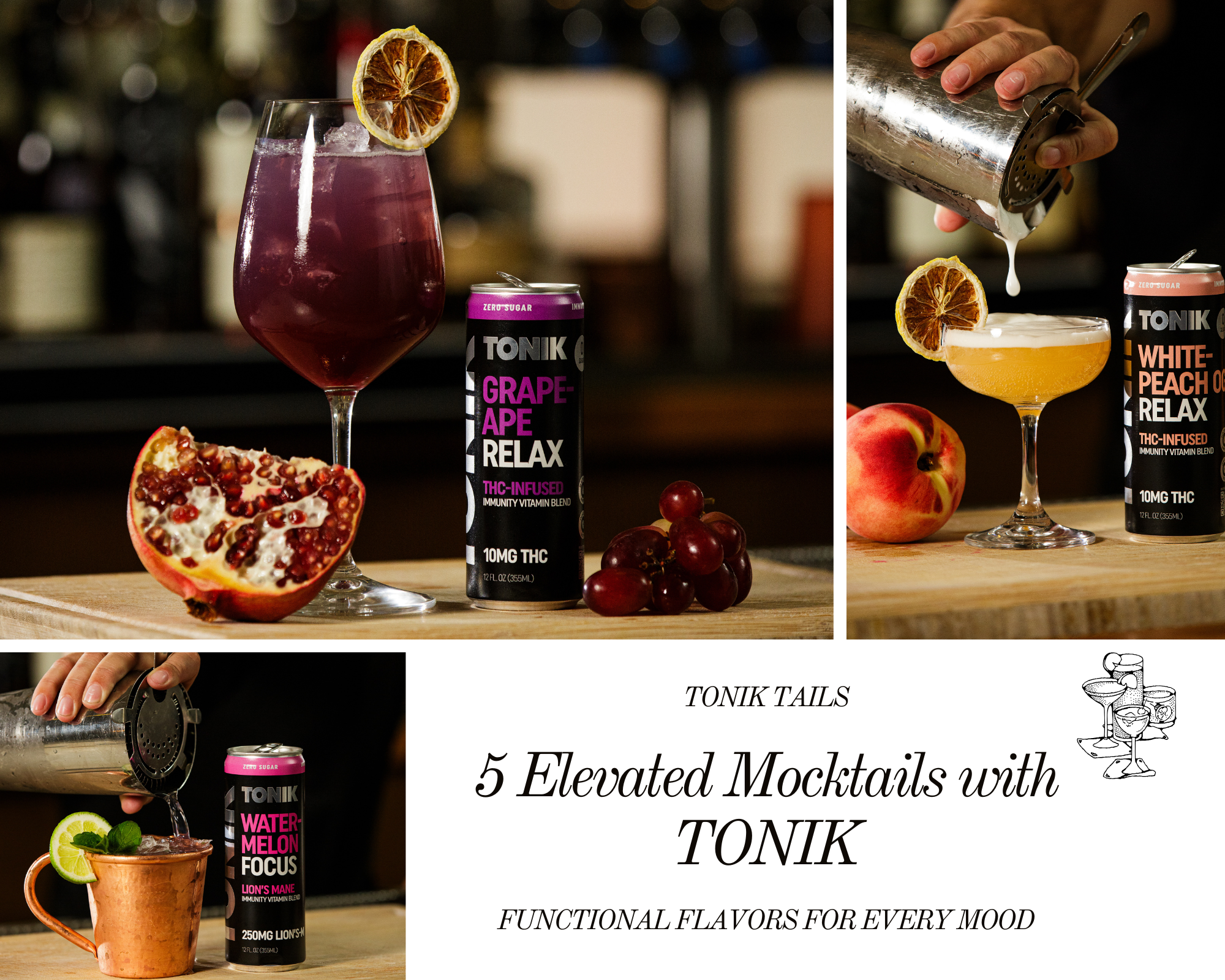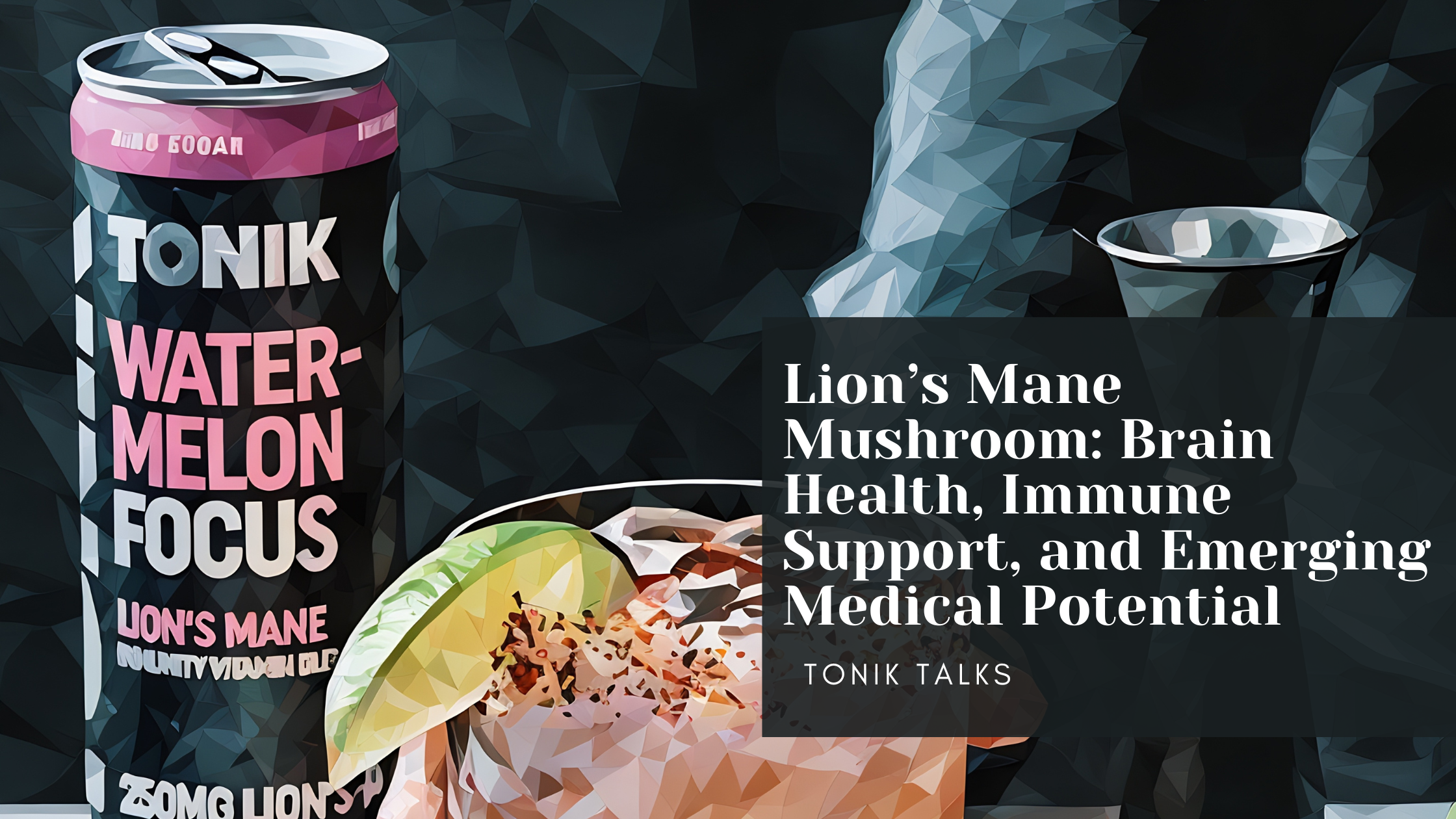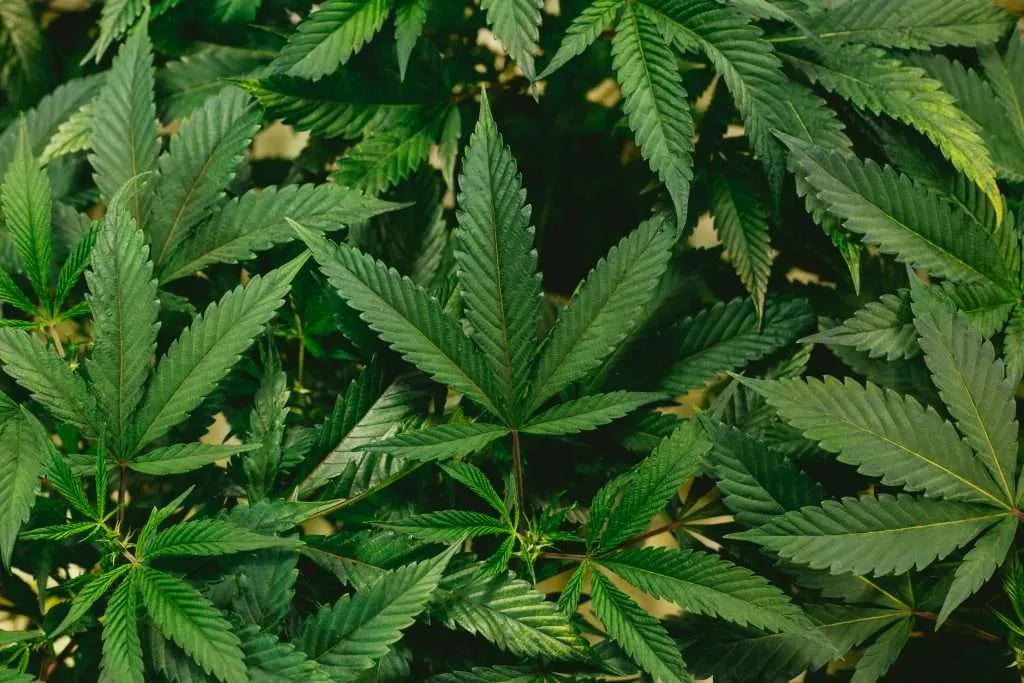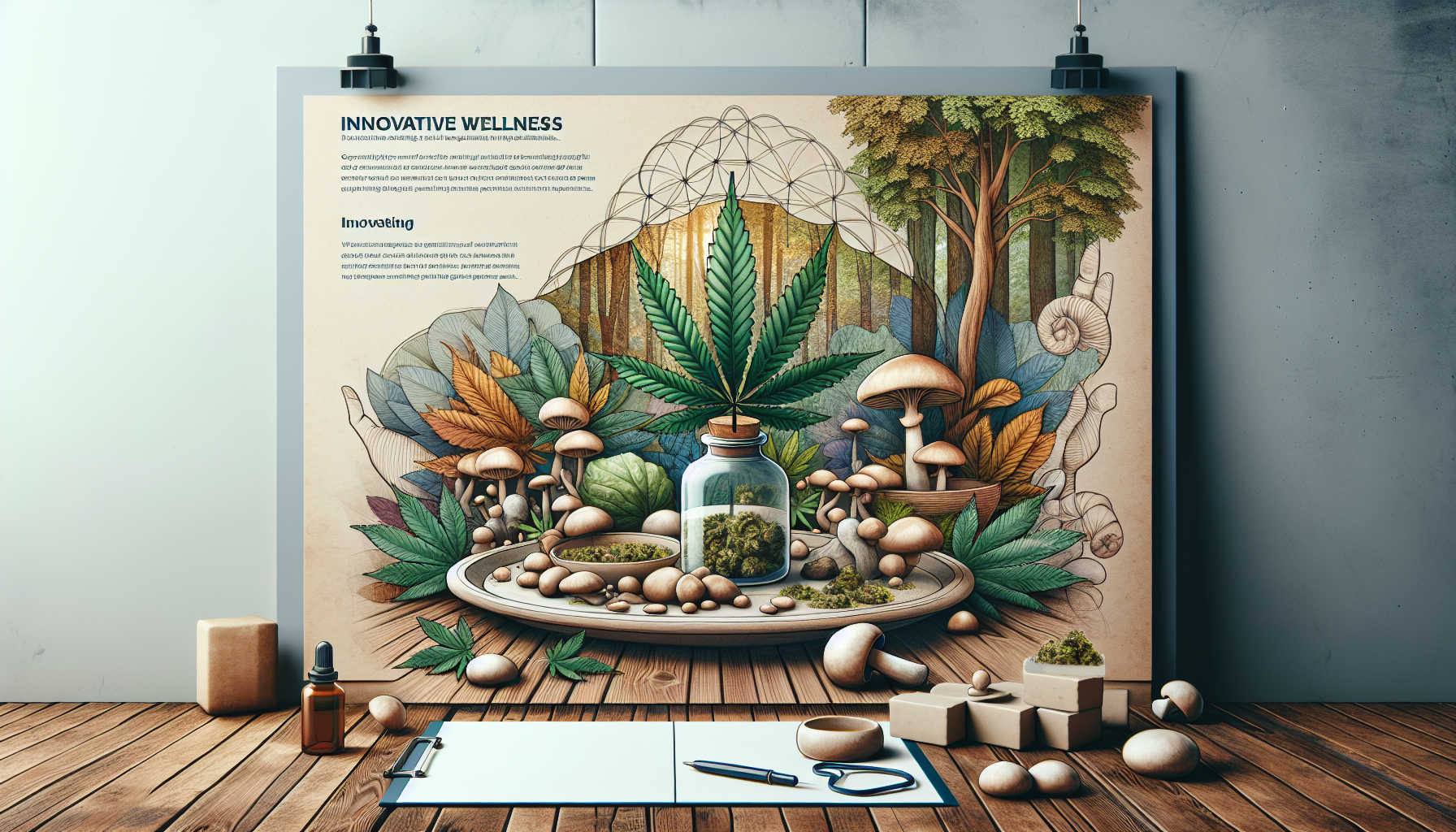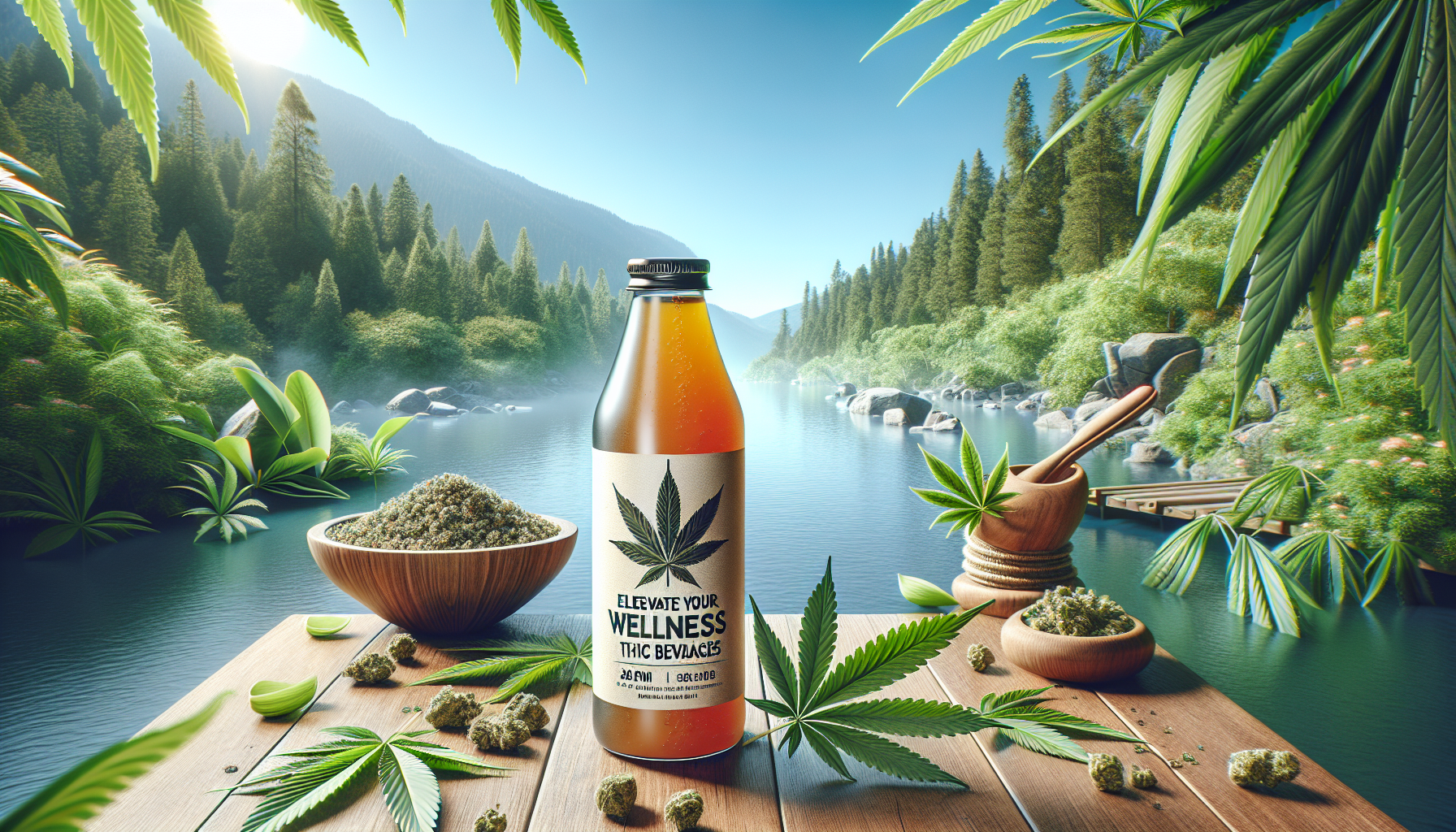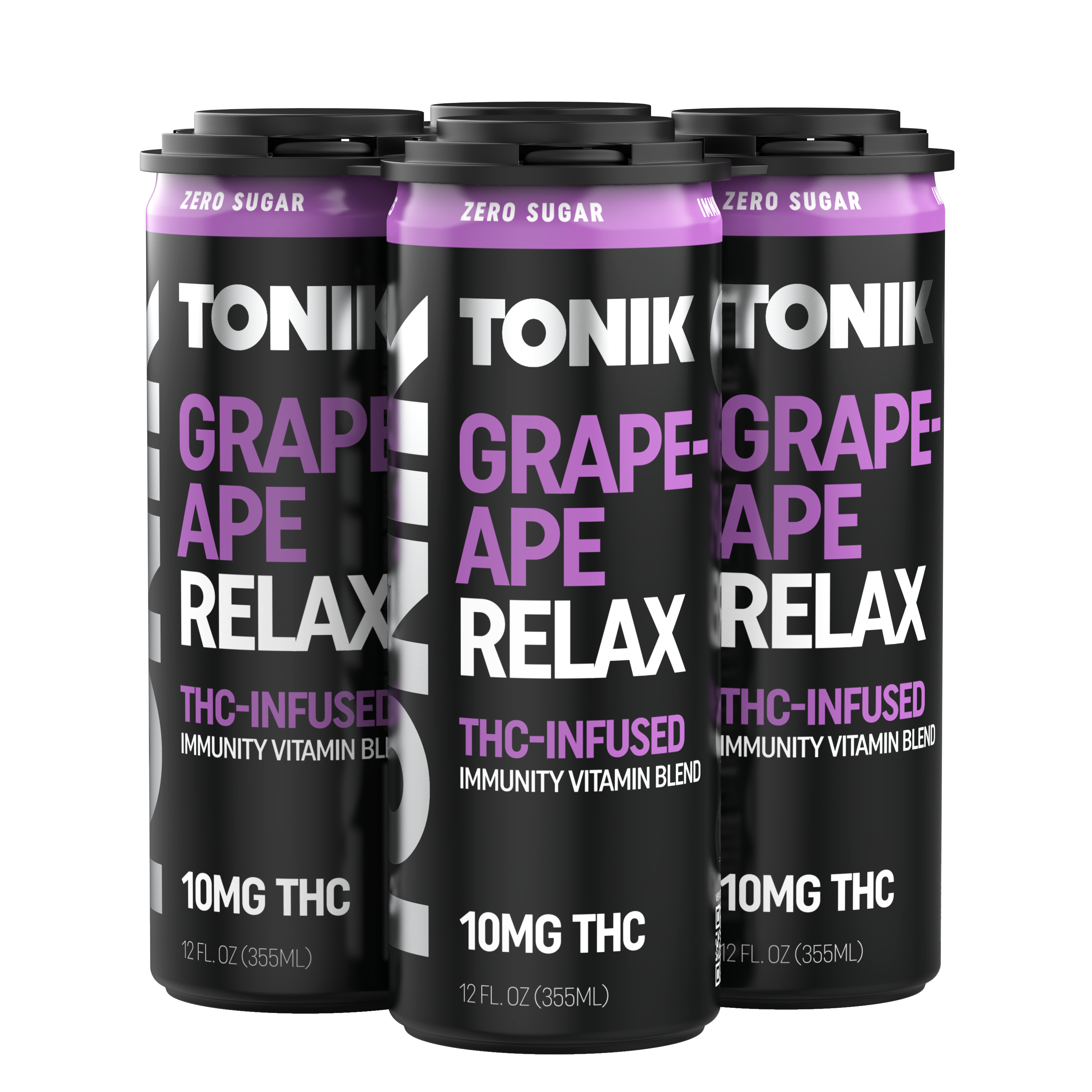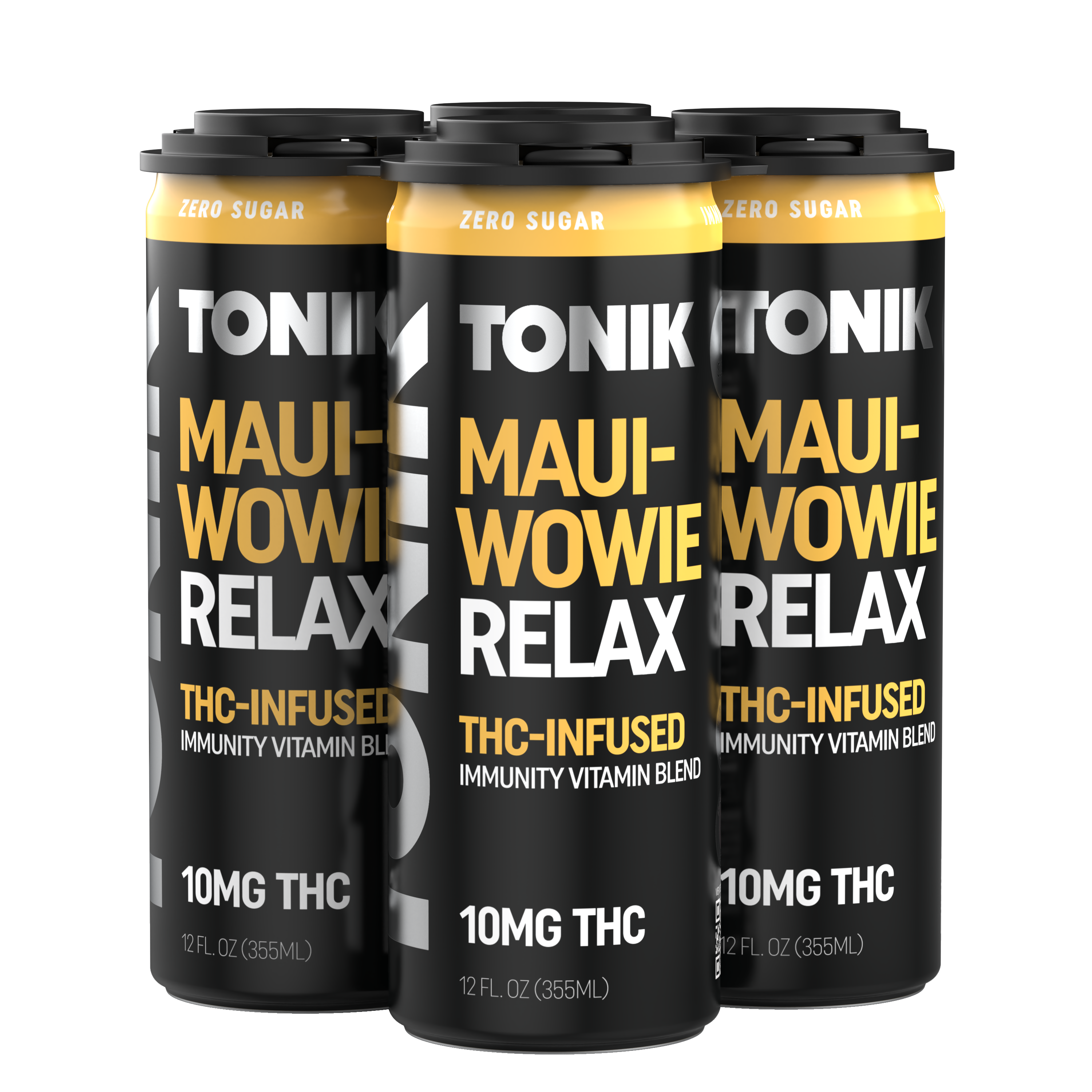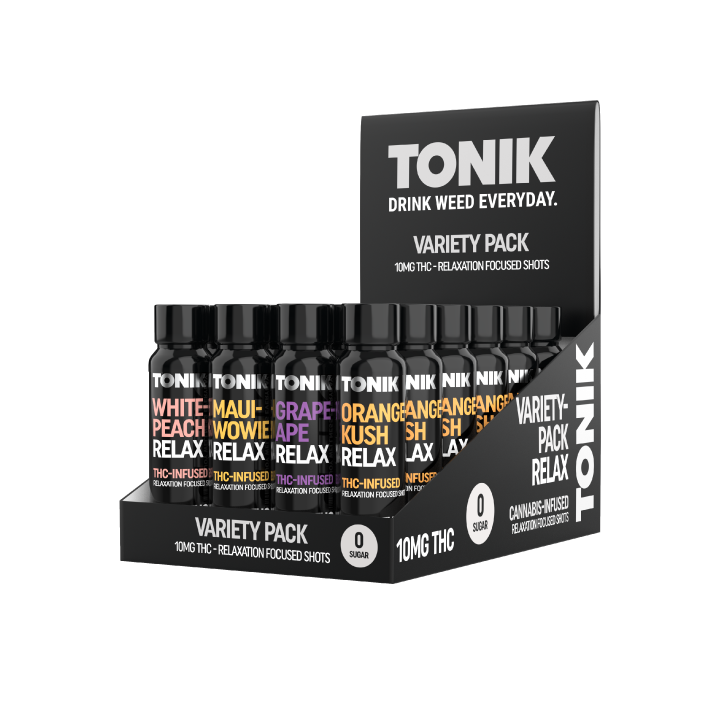As wellness trends evolve and the sober-curious movement grows, many consumers are exploring alternatives to alcohol — and THC-infused beverages are increasingly on the menu. Marketed as a buzz without the booze, cannabis drinks are popping up everywhere from dispensaries to breweries. But how do they stack up against alcohol from a health perspective?
examine what science says, where regulation stands, and what medical experts recommend if you’re thinking about making the switch.
With rumors of more THC regulation and bans looming, CNET did a deep dive into which may actually be healthier for consumers. THC beverages or alcohol .
Understanding the High: How THC Drinks Differ from Alcohol
Alcohol and THC affect the body in very different ways. Ethanol, the active component in alcohol, is a single molecule processed quickly through the stomach and liver, offering

more predictable results based on dosage and body type. In contrast, THC — the psychoactive compound in cannabis — is absorbed more slowly and undergoes transformation in the liver into a more potent compound, often leading to delayed and prolonged effects.
“You may feel more high as time marches on. It’s the gift that keeps on giving,” says Dr. Staci Gruber, director of the MIND Program at McLean Hospital and associate professor of psychiatry at Harvard Medical School. This time-release effect is why Gruber and other experts stress the “start low, go slow” approach when trying THC drinks for the first time.
Unlike alcohol, THC beverages can vary in formulation. Some include just THC, while others add CBD to balance the psychoactive effects. Potency isn’t always obvious, and once you’ve consumed THC, you can’t reverse its effects — unlike alcohol, which can be metabolized more quickly or even expelled through vomiting.
Legal Status and Safety Concerns: Regulation Still Lags Behind
Thanks to the 2018 Farm Bill, hemp-derived THC beverages — often containing Delta-8 or Delta-9 THC — are federally legal as long as they contain no more than 0.3% THC by dry weight. This has created a market where consumers can purchase cannabis drinks in states where marijuana remains illegal.
However, regulatory oversight is inconsistent. States like California have prohibited hemp-derived drinks from being sold in the same locations as alcohol, while others, like Georgia, are seeking to impose potency limits per serving. The lack of a national regulatory framework means consumers must be especially careful about reading labels and understanding dosing.
Additionally, while alcohol has been extensively studied over decades, long-term data on THC beverages is still emerging. THC drinks are not evaluated by the FDA for safety, consistency, or efficacy — which introduces variability not just in effect, but in potential risk.
Comparing the Health Risks: What We Know — and Don’t Know

From a purely clinical standpoint, alcohol’s risks are well-documented: liver disease, cognitive impairment, addiction, and an increased risk of at least seven types of cancer, according to the U.S. Surgeon General. These include breast, colon, and liver cancers, fueling a public shift toward low- or no-alcohol lifestyles.
THC drinks, meanwhile, are still under the microscope. While research has shown that certain cannabinoids may help with chronic pain, muscle spasms, and chemotherapy-related nausea, most of these findings come from studies on cannabis in general — not beverages specifically. Harvard Health recently published a study on their findings on THC beverages vs. alcohol, as well.
“There’s promise, but we don’t yet know how these drinks affect the body long term,” says Gruber. Variability in ingredients, cannabinoid concentrations, and added sugars can all influence outcomes, making generalizations difficult.
Bottom Line
THC beverages may offer a hangover-free alternative to alcohol, but that doesn’t automatically make them safer or healthier. Until more scientific data is available, moderation and mindfulness are key. Experts recommend:
-
Starting with a low dose
-
Waiting at least one to two hours before consuming more
-
Avoiding driving or operating machinery
-
Reading labels carefully for THC content
Whether you're sober-curious or simply exploring alternatives, THC beverages can be part of a mindful lifestyle — as long as you're informed and intentional with your choices.

